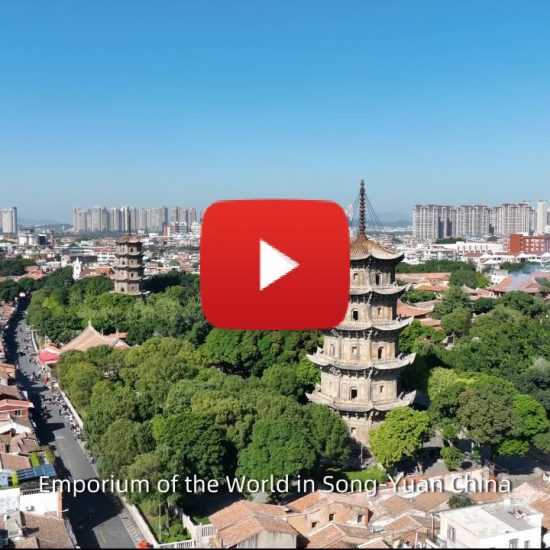
A cluster of asteroids co-orbiting with Venus has captured the attention of astronomers due to their unpredictable trajectories, which could potentially intersect with Earth’s orbit over extended timescales. These celestial bodies, known as Venus co-orbital asteroids, are challenging to detect from Earth because of their proximity to the Sun, raising concerns about the adequacy of current asteroid monitoring systems.
Recent simulations indicate that some of these asteroids possess highly eccentric and unstable orbits, increasing the likelihood of them being perturbed into Earth-crossing paths. Researchers from institutions in Brazil, France, and Italy have identified at least 20 such co-orbital asteroids, with three—designated 2020 SB, 524522, and 2020 CL1—highlighted as particularly concerning due to their size and orbital characteristics. These asteroids range from approximately 100 to 400 meters in diameter, and an impact from one could release energy equivalent to millions of tons of TNT, potentially causing regional devastation.
The detection of these asteroids is hampered by their location near the Sun, which limits observation windows for ground-based telescopes. Even advanced observatories like the Vera C. Rubin Observatory in Chile may provide only a few weeks’ notice before a potential impact, depending on the asteroids’ approach trajectories. This limited warning time underscores the need for improved detection methods, particularly those that can observe the inner solar system more effectively.
The dynamic nature of these asteroids’ orbits is influenced by gravitational interactions with Venus, Earth, and other planetary bodies, as well as non-gravitational forces like the Yarkovsky effect, which can alter an asteroid’s path over time. The chaotic orbital behavior of these asteroids makes long-term predictions challenging, with some simulations suggesting that their trajectories could become Earth-threatening within the next few centuries.
To address this potential hazard, scientists advocate for the development of space-based observation platforms positioned closer to the Sun or in orbits that provide better viewing angles of the inner solar system. Such platforms could significantly enhance the detection and tracking of asteroids that are currently obscured by solar glare when viewed from Earth. Additionally, international collaboration on planetary defense strategies, including the development of asteroid deflection technologies, is considered essential to mitigate the risks posed by these elusive celestial objects.




